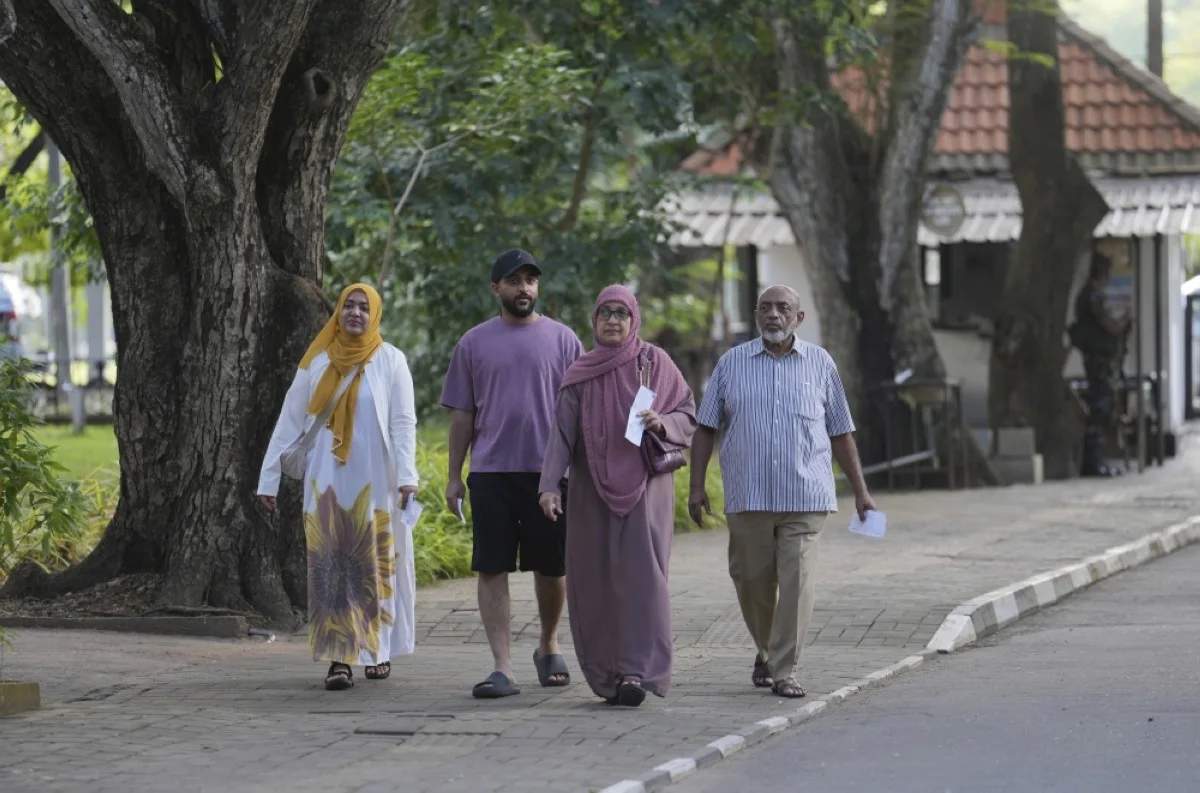21/09/2024
21/09/2024

COLOMBO, Sri Lanka, Sept 21, (AP): Sri Lankans began voting Saturday in a presidential election that will determine the course of the country's recovery from its worst economic crisis and resulting political upheaval. The election, contested by 38 candidates, is largely a three-way race among incumbent liberal President Ranil Wickremesinghe, Marxist-leaning lawmaker Anura Kumara Dissanayake, and opposition leader Sajith Premadasa.
There are 17 million eligible voters, and final results are expected Sunday. The results will show whether Sri Lankans approve of Wickremesinghe's leadership over the country's fragile recovery, including restructuring its debt under an International Monetary Fund program after it defaulted in 2022. The government announced Thursday that it passed the final hurdle in debt restructuring by reaching an agreement in principle with private bond holders.
Sri Lanka’s local and foreign debt totaled $83 billion at the time it defaulted, and the government says it has now restructured more than $17 billion. Despite a significant improvement in key economic figures, Sri Lankans are struggling under high taxes and living costs. Both Premadasa and Dissanayake say they will renegotiate the IMF deal to make austerity measures more bearable.
Wickremesinghe has warned that any move to alter the basics of the agreement could delay the release of a fourth tranche of nearly $3 billion in assistance pledged by the IMF that's crucial to maintaining stability. Most Sri Lankans are voting with the economy in mind, hoping a new government takes the country completely out of the crisis and ends the long-entrenched corruption in the system.
"I think corruption is one of the main reasons that led the country to the present pathetic condition. So, the next leader should pay attention to eliminate corruption and start building the country,” said Chandrakumar Suriyaarachchi, a driver who voted in Saturday's election. "Our children deserve a better life.” Political experts say widespread disenchantment with the old political guard - widely blamed for Sri Lanka's economic instability - could mean no single candidate is able to secure 50% votes as a first preference to secure the presidential seat. In that scenario, the top two candidates move to a second round of counting that takes into account second-choice votes.


